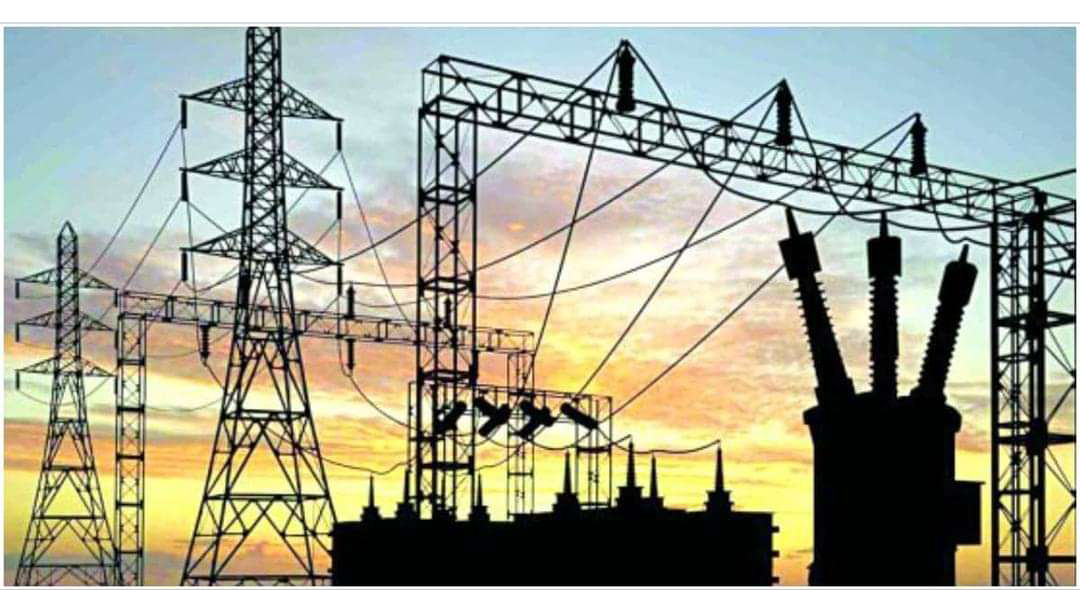Economy
JUST IN: Total Blackout In Nigeria As Electricity Grid Crashes To Zero, Just The 7th Time In 2022
On Monday, September 26, Nigeria’s electricity grid crashed to zero megawatts (MW) at 10:51 am, causing a nationwide outage, Daily Trust reports.

The development occurred days after electricity consumers said they had enjoyed improved supply.
The collapse of the grip, details emerge The national electricity grid as of 10: 00am on Monday had 3,712MW generated from 21 Generation Companies (GenCos) before it dropped to 0MW one hour after.
According to the information obtained by the newspaper, from the System Operations, a section of the Transmission Company of Nigeria (TCN), only Afam IV was on the grid but with zero supply as of 12noon.
The Sunday development As of Sunday, September 25, the highest generation was 4,100MW while the lowest was 3,652MW with the frequency hovering between 49.04 Hertz (Hz) and 50.34Hz. Since July 1 this year, consumers said power supply had increased in their various areas.
According to records, this is the seventh system collapse this year, much more than the three recorded last year.
Nigerians react Nigerians on the Facebook page of Edujandon.com expressed their opinion over the development.
Ernest Enemuo maintained: “We are not surprise,is anything working well in Nigeria?
Iorzua A. Philip noted: “No problem, we will also collapse them in 2023.”
Lyon Bryant stated: “No wonder I haven’t seen light since morning they should just divide the country so every one could have peace.”
De-Mayor said: “Lol, they want to bill our federal purse with this?
Lagos tops the list of states with highest use electric generators in Nigeria With the abysmal supply of electricity in Nigeria, electric power generating sets have become prized possessions for most homes and businesses.
According to reports, Nigerians spent over N2 billion on generators in 20 years. According to the report, UN Comtrade, the largest depository of international trade statistics, captures Nigeria’s generator imports between 1996 and 2019.
Follow us on social media:-

 News2 days ago
News2 days agoFarmer k!lled, three siblings and one other severely injured as bomb explosions rock Niger state community
-

 Crime2 days ago
Crime2 days agoLady swaps old woman’s ATM card while pretending to help, steals N2M
-

 News2 days ago
News2 days agoVideo trends as Nigerian lady transforms face into Jesus Christ with makeup (Watch)
-

 Celebrity Gossip & Gist20 hours ago
Celebrity Gossip & Gist20 hours ago“The money wey dem pay me don expire” – Moment Burna Boy stops his performance at the Oando PLC end of the year party (Video)


